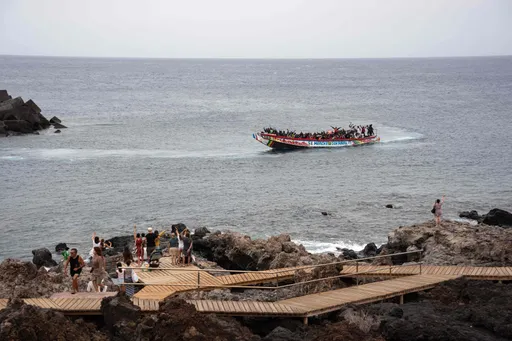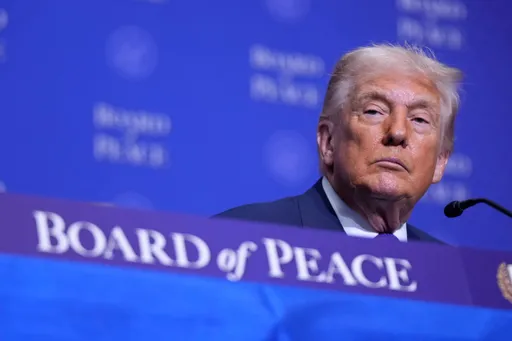After 45 years, China and India have locked horns in the disputed Himalayan region of Ladakh, opening a Pandora's Box in the volatile South Asian region.
The casualty numbers are unclear as both countries remain ambiguous. The standoff between the emerging powers with opposing ideologies is a regional headache for Nepal — that has traditional played the part of a deterrent.
Historically, Nepal has engaged in war with Tibet and the East India Company—the former a part of China and the latter ‘a modern India’. But since the 1816 Sugauli Treaty, Nepal has battled with its demons and avoided confrontation with its neighbors.
The 1962 Sino-Indian war was a watershed moment for Nepal as China expanded its territory and India, despite the defeat, occupied Nepal’s territories. The event was an eye-opener for Nepal as India broke its trust and only withdrew 16 border army posts in 1970 but continues to militarily occupy Nepal’s Kalapani.
In 2015, China and India unilaterally occupied Nepal’s Lipulekh and transformed the territory into a trade route. The decision has now backfired as Nepal’s parliament passed a new map which includes its territories—Kalapani, Limpiyadhura, and Lipulekh.
The move might have come as a surprise to both China and India, but for a geographically small nation like Nepal, even an inch of its land holds a greater significance for territorial sovereignty.
Today the maps drawn by the colonial British are controversial. No country is ready to accept it and has pushed their versions. The clash between China and India - and India’s refusal to accept Nepal’s version on the treaty with the Britishers - only reveals India's expansionist nature.
For Nepal, the standoff between China and India is a Pandora’s Box. It is stuck between two countries that are hell-bent on expanding territory in any way they can. It poses a national security challenge for Prime Minister KP Sharma Oli as he aims to rule the country for the next two years.
The prime minister's recent decision to issue a new map has been supported by Nepalis, but people wonder what his next move might be. India will never give up on Nepal’s occupied territories as it holds military, economic, and spiritual significance to the BJP’s Hindu-nationalist agenda. In this scenario, Nepal can only expect to stand firm on its decision and do its homework in the future.
Not sure where to stand
Nepal shares a porous border with India and it has continuously encroached upon Nepal’s borders in the south. China continues to respect Nepal’s sovereignty with minor border tensions. But Nepalis now are not sure what China's intentions are because of the Lipulekh issue.
For years, Nepal battled with political instability and saw successive governments that lasted from nine months to a year. That changed in 2018 when the country saw the emergence of the Nepal Communist Party which has been ruling the country for three years now. Nepalis understand the importance of having a stable government that can protect its territory - and it will surely influence the 2022 elections.
Despite having an elected government, India’s continuous interference in Nepal’s politics and its agenda to maintain the ‘controlled instability’ has backfired.
Nepal’s singular focus should be on protecting itself and not siding with either China or India. India also needs to wake up from the false perception that Nepal cannot act independently. It is still stuck in the colonial mindset that views Nepal as a princely state and deploys colonial tactics against Nepal. This viewpoint and unfair treatment towards Nepal has only pushed Oli to lean towards China.
One cannot forget that India has imposed two economic blockades on Nepal—1989 and 1990—just for trying to buy arms from China and when it promulgated its new constitution in 2015. The recent skirmishes between China and India have also opened several questions about what Nepal needs to do.
China is not trustworthy. But India has done more territorial damage to Nepal. If India continues with its expansionist behavior, Nepal should not hesitate to withdraw its Gurkha regiment from the Indian army and not take any sides like in the 1962 Sino-Indian war.
But India was miffed at that time and punished Nepal subsequently - and that wasa prominent historical moment for Nepal. A scar that cannot be forgotten.
Nepal’s strategic position has averted a major China-India war and it will continue to play the role of non-alignment. Both China and India should be thankful for Nepal’s geographical position or else their aim to become the next superpowers can never come true.
Although PM Oli has reached out to China for investments, we are yet to see massive developmental changes in the country. The progress has been slow, even lethargic. His focus on nationalism has paid off in establishing the foundations of his party.
India today is increasingly becoming a vassal state of the United States. Its 'neighborhood first' foreign policy has failed and its behavior reeks of a colonial and expansionist mindset. As China and India head toward militarisation, Nepal is a weak buffer to them.
Both China and India have agreed to de-escalate this time, but South Asian countries like Nepal must prepare for the imminent clash in the near future. The occupation of Nepal’s territory — Lipulekh — is a reminder that Nepal cannot trust anyone with its territorial sovereignty.
Since 1768 Nepal has fought hard to protect its sovereignty and it will continue to do so. Smaller countries like Nepal will always seek out nations that promise to protect their sovereignty with no strings attached, albeit such help is rare in practice.
Nepal, therefore, must focus on rapid development and self-reliance, or else when the two countries tussle with each other next time in full-blown warfare, they might claim Nepal’s other territories leaving Nepal with no option but to turn the pages of Nepal’s history and act accordingly.




























